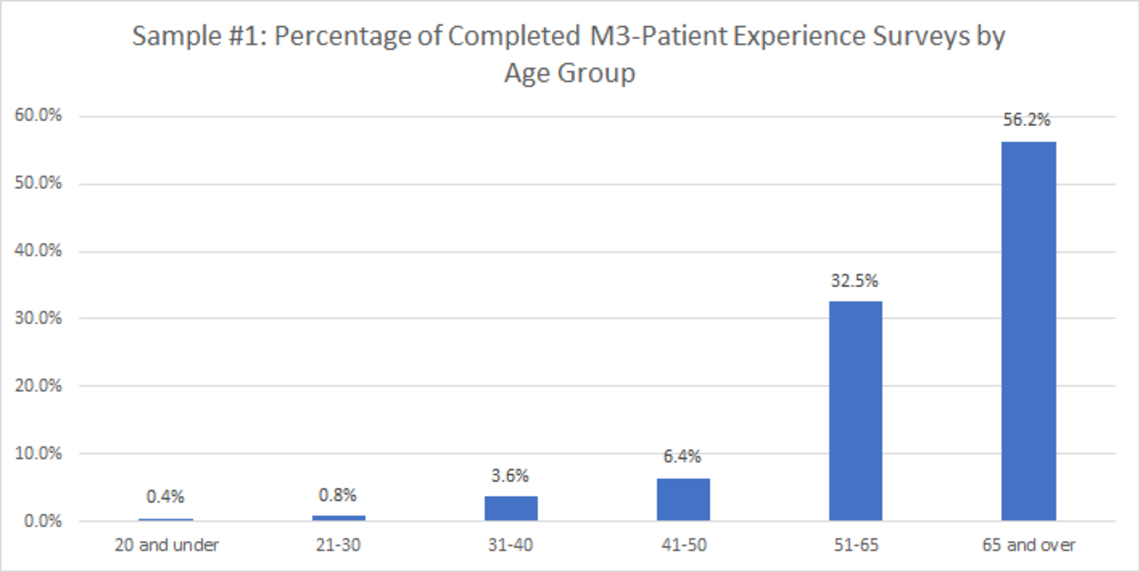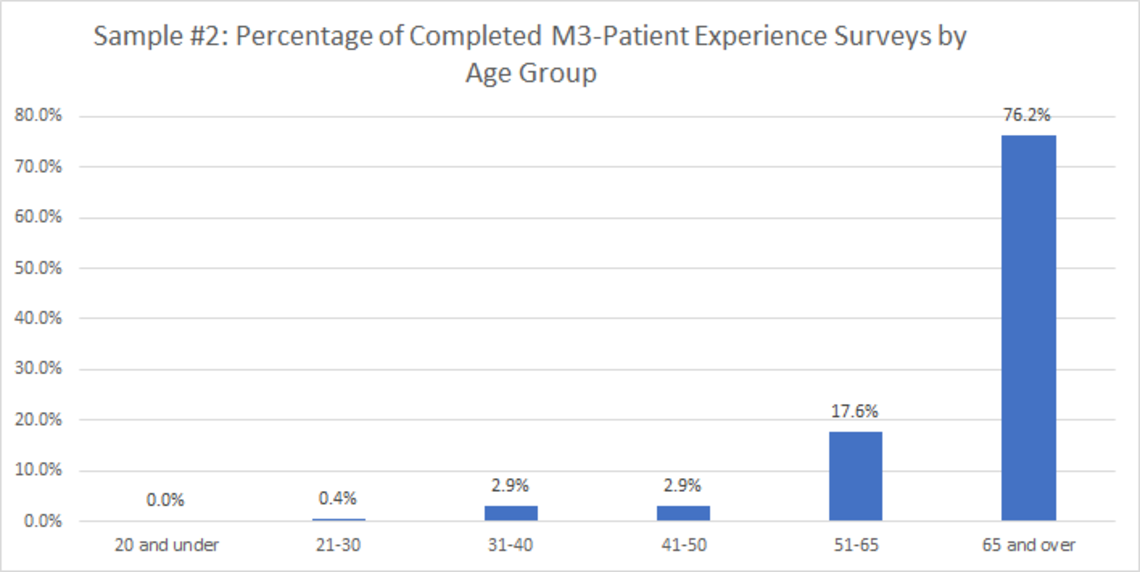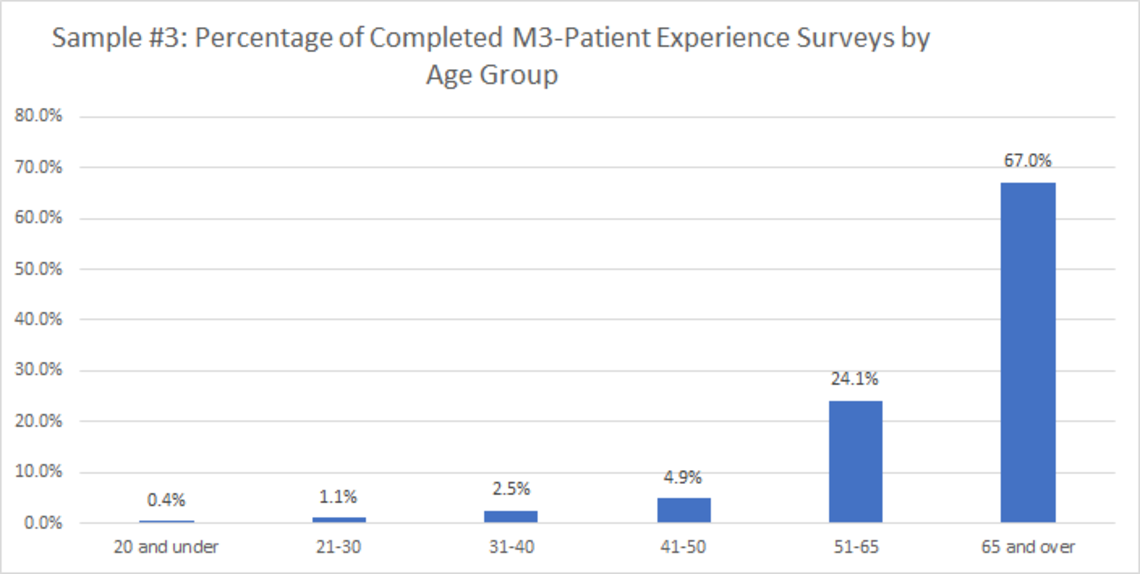Myths Debunked or Not
Starting with this week’s Thinking Thursdays TIPs we begin a multi-week series that I am calling Myths Debunked. If you have a myth that is healthcare related, a myth that you would like for us to debunk or confirm, I’d love to hear from you. Just drop me an email at: jstone@medicalgps.com.
As we all know, some myths are true, so I’m expecting we’ll find some of the myths we hold so dear to are indeed based in fact and are worthy of our continued use as we manage through this rapidly changing healthcare environment.
On the other hand, some myths are based merely on our beliefs, not based in fact and do not represent reality, which may cause us to make poor decisions and waste valuable time and energy as we navigate the challenges of operating physician practices and other healthcare organizations.
 Merriam-Webster’s Definition of Myth
Merriam-Webster’s Definition of Myth
According to Merriam-Webster there are several definitions of the word “Myth”, so to clarify, we will use two of those definitions as we explore common healthcare myths for the next few weeks.
Myth, as defined by Merriam-Webster:
1) a popular belief or tradition that has grown up around something or someone, especially, one embodying the ideals and institutions of a society or segment of society
2) an unfounded or false notion
So, let’s get started with debunking (or not debunking) this week’s Myth: Senior Patients are Less Likely to Use Email.
Here at MedicalGPS we hear statements, like the following, all the time, “The patients at our practice are older and don’t have email addresses”, or, “The patients at our practice are older and either don’t have an email address or if they do, they are reluctant to give us their email address”.
So, are older, senior-age patients less likely to use email?
Here’s what I found.
 It’s Time to Rethink the Senior Population
It’s Time to Rethink the Senior Population
From the Search Engine Journal article titled, “5 Practical Ways to Effectively Target Seniors in Digital Marketing”, by Lee Wilson, we find the following.
“Older audiences are frequently removed from digital marketing focus with their potential business value excluded based on out of date assumptions and ineffective historical campaigns.
With a quarter of the 75+ audience using tablets, plus half of the 65 to 74 year-old adults having social media profiles, it’s time to rethink the senior population and start including the aging audiences into your next marketing campaigns.” [underline mine for emphasis]
The research referenced above was performed by Ofcom back in 2017, nearly three years ago. The number of senior citizens embracing the use of technology has continued to increase over the last three years.
 Seniors Embracing Technology
Seniors Embracing Technology
More recent data published in 2019 by Ofcom includes the following, as described in, ‘Adults: Media use and attitudes report 2019‘.
Age Group: 55-64s:
96% use a mobile phone
43% watch on-demand / streamed content
58% have a social media profile
Age group: 65-74s:
92% use a mobile phone
34% watch on-demand / streamed content
34% have a social media profile
Age group: 75+:
81% use a mobile phone
22% watch on-demand / streamed content
20% have a social media profile
What We Know
Below are three samplings of M3-Patient Experience survey completion stats from three different M3 clients, for the month of July 2020, (MTD as of 7-16-20).
Primary Care
Sampling #1: Primary Care Group comprised of 21 providers (MD’s, DO’s, PA’s and NP’s), with a large portion of their patient-base comprised of senior patients. (n=249, number of completed surveys MTD).

Specialty Care
Sampling #2: A large Cardiology Group comprised on 51 providers (MD’s, DO’s, PA’s and NP’s), serving a patient population with demographics typically associated with a cardiology practice. (n=239, number of completed surveys MTD).

Medical Specialties Care
Sampling #3: A Medical Specialties physician group comprised of 10 providers (MD’s, DO’s, PA’s and NP’s), with a patient population that includes a large retirement demographic. For this sampling we went back to the beginning of the year, starting with 1-1-20. (n=2,135, number of completed surveys YTD).

Seniors are Responding
As you can see from the stats presented above, the number of M3-Patient Experience responses, which were all distributed via email invitations or text message invitations, do not appear to be hindered or diminished for those patients 65 years of age or older.
 Email Usage by Age Group
Email Usage by Age Group
According to statista, in their chart labeled, “Percentage of internet users in the United States who use email as of November 2019, by age group”, in the age group “65+”, 84.1% use email. The breakdown by age group is shown below.
Age 15 -24: 90%
Age 25-44: 93.6%
Age 45-64: 90.1%
Age 65+: 84.1%
While the 65+ age group does show the lowest percentage, at 84.1%, the difference between each of the age groups is less than the “Senior Patients are Less Likely to Use Email” myth would lead us to believe.
In conclusion, I refer to one last article titled, “Mobile Email Statistics”, published by 99FIRMS. The article states the following:
“Overall, if we review the data on email usage by age, there are no major fluctuations; users from all age groups use email relatively equally.”
 Use YOUR Time and Energy Wisely
Use YOUR Time and Energy Wisely
For those of you that manage practices with a patient base that includes a significant number of patients 65+, please know that the best way to increase survey response rates is to ask the patient for their email address at check-in (or during registration), and/or verify that the email address on file is still active and current.
Are senior patients less likely to use email? Not by any significant amount, and certainly not enough to adversely impact your M3-Patient Experience survey responses.
Myth: Debunked.
Please let us know if you have comments or questions, and subscribe to our Email Updates, so that you can be assured to receive Thinking Thursdays TIPs.
Thank you!
Jerry
Jerry L. Stone
Co-Founder/COO
MedicalGPS, LLC.
Resources:
(1) Note: Some healthcare organizations intentionally limit the frequency of patient feedback solicitation
(2) “How service recovery can turn dissatisfied customers into raving fans”, by Quint Studer, to the Pensacola News Journal, published July 4, 2020 7:00 AM CDT


1 thought on “Are Senior Healthcare Patients Unlikely to Use Email?”